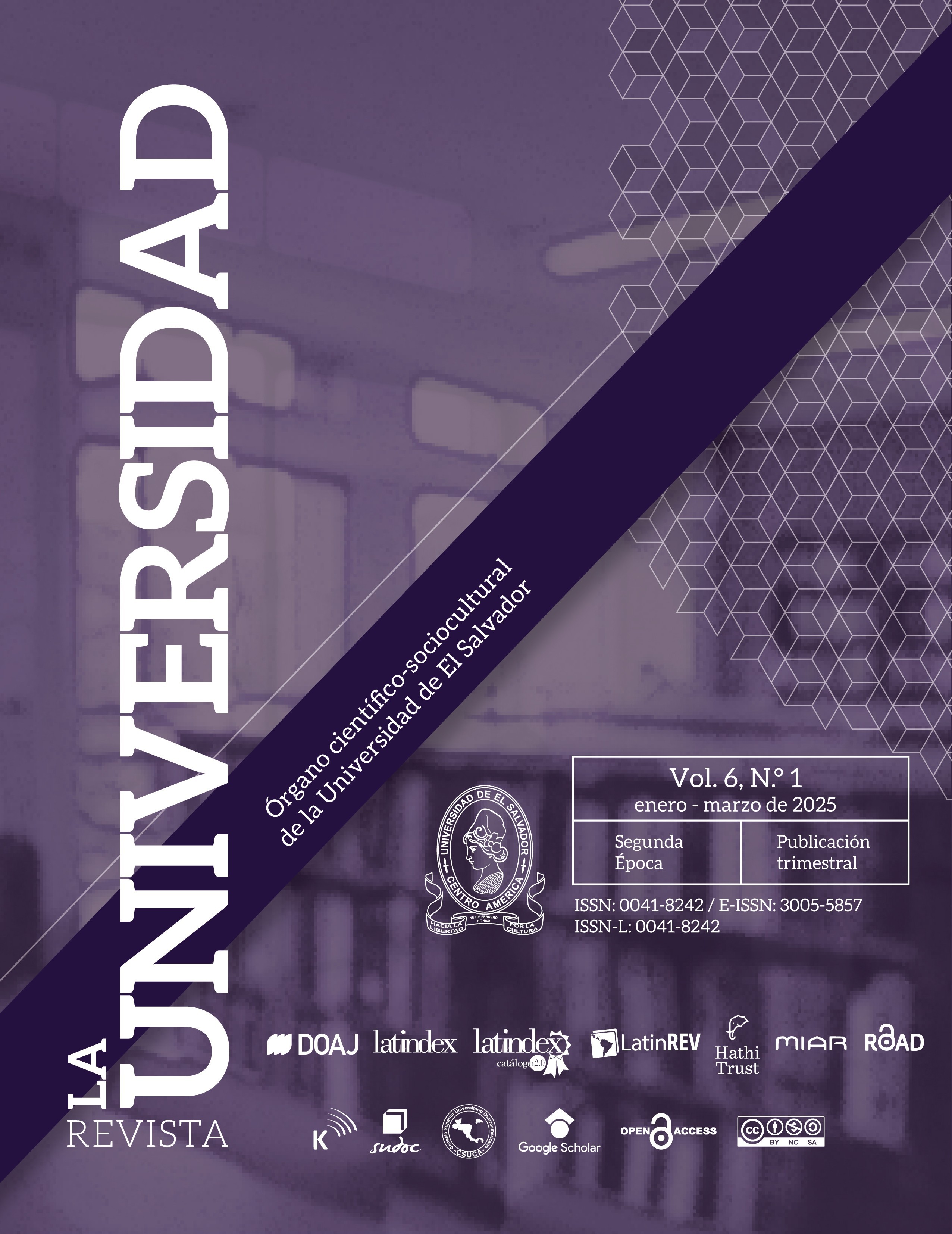The dimension of Social Innovation in the National Student Assistance Program and its impact on Public Policies
Keywords:
access to education, democratization, higher education, social inclusion, public policyAbstract
The event of access policies to higher education and the expansion of student assistance promoted the inclusion of historically marginalized students in public universities. In an effort to ensure the retention of these students, there has been growth in student assistance policies, such as the National Student Assistance Program (PNAES). Consequently, the main objective of this article is to understand how the National Student Assistance Program contributes to social innovation in the context of higher education in Brazil, with research conducted in October 2023. Specific objectives include: 1) identifying which actions of PNAES promote social innovation, 2) determining if the National Student Assistance Program incorporates characteristics of social innovation within its structures, and 3) discussing the relevance of the student movement as a strengthening element of PNAES in higher education. The theoretical framework of this bibliographic study is based on the ideas of Moulaert (2000), Alter (2000), André, and Abreu (2006), who discuss social innovation as a collective process. Initially, a brief historical overview of the democratization of access to higher education in Brazil is presented, followed by an analysis of the National Student Assistance Program (PNAES). This is a qualitative and bibliographic investigation that seeks to broaden the debate regarding PNAES as a possibility for social innovation. The results show that the democratization of access to higher education alone is not sufficient; it is necessary to implement policies that ensure the retention of students in universities.
Downloads
References
Alter, N. (2000). Inovação e mudança social. Paris: Prensas Politécnicas e Universitárias Romandes.
André, I., Abreu, A. (2006). Dimensões e espaços da inovação social. Finisterra, 41 (81). Disponível em https://revistas.rcaap.pt/finisterra/article/view/1465
Constituição da República Federativa do Brasil de 1988, 5 de outubro de 1988. (1988). Brasília, DF: Presidência da República. Disponível em https://www.planalto.gov.br/ccivil_03/constituicao/constituicao.htm
Castro, A. M. D. A. (2011). A expansão e o acesso ao ensino superior: os novos desafios da educação brasileira. In Junior, L. de S., França, M., Farias, M. da S. de. (Orgs.). Políticas de gestão e práticas educativas: a qualidade do ensino. (pp. 19-36). Brasília: Liber Livro.
Cunha, L. A. (1980). A universidade temporã: da colônia a Era Vargas. Rio de Janeiro: Francisco Alves.
Decreto nº 7.234, de 19 de julho de 2010. Dispõe sobre o Programa Nacional de Assistência Estudantil - PNAES. Brasília, DF: Presidência da República. Disponível em https://www.planalto.gov.br/ccivil_03/_ato2007-2010/2010/decreto/d7234.htm
Foracchi, M. M. (1977). O estudante e a transformação da sociedade brasileira. São Paulo: Editora Nacional.
Lima, F. D. R. de (2019). A Política Pública de Assistência Estudantil: uma análise sobre a contribuição do benefício da residência universitária para a permanência na UFPB. (Dissertação de Mestrado). Centro de Educação, Universidade Federal da Paraíba, João Pessoa.
Macedo, G. D. (2017). A eficácia do programa nacional de assistência estudantil (PNAES) para a permanência dos ingressantes do sistema de cotas na UFPB. (Dissertação de Mestrado). Universidade Federal da Paraíba, João Pessoa.
Mariz, S. D. (2012). O Programa Nacional de Assistência Estudantil (PNAES): uma reflexão sobre sua implementação na UFPB. (Dissertação de Mestrado). Departamento de Serviço Social, Universidade Federal da Paraíba, João Pessoa.
Moulaert, F. (2000). Globalização e desenvolvimento de área integrada nas cidades europeias. Oxford: Universidade de Oxford.
Pereira, P. A. (2008). Discussões conceituais sobre a política social como política pública e direito de cidadania. In Boschetti, I., Behring, E. R., Santos, S. M. de M. dos, Mioto, R. C. T. Política Social no Capitalismo: tendências contemporâneas. São Paulo: Cortez.
Ristoff, D. (2006). A universidade brasileira contemporânea: tendências e perspectiva. In Morosini, M. (Orgs.). A universidade no Brasil: concepções e modelos. (pp. 37-52). Brasília: INEP.
Santos, B. de S. (2005). A universidade no século XXI: para uma reforma democrática e emancipatória da universidade. Disponível em https://www.ces.uc.pt/bss/documentos/auniversidadedosecXXI.pdf
Silveira, M. M. da (2012). A assistência estudantil no ensino superior: uma análise sobre as políticas de permanência das universidades federais brasileiras. (Dissertação de Mestrado). Centro de Ciências Jurídicas, Econômicas e Sociais, Universidade Católica de Pelotas, Rio Grande do Sul.
Vahl, T. R. (1980). O acesso ao ensino superior no Brasil. Florianópolis: UFSC/Lunardelli.
Downloads
Published
Issue
Section
License
Copyright (c) 2024 Authors who publish in Revista La Universidad agree to the following terms: Authors continue as owners of their works, non-exclusively assigning dissemination rights to La Universidad Journal under the standards of the Attribution-NonCommercial-ShareAlike License: CC BY-NC-SA 4.0. This license allows the use of a work to create another work or content, modifying or not the original work, as long as the author is cited, the resulting work is shared under the same type of license and has no commercial purposes(https://creativecommons.org/licenses/by-nc-sa/4.0/deed.es).

This work is licensed under a Creative Commons Attribution-NonCommercial-ShareAlike 4.0 International License.





